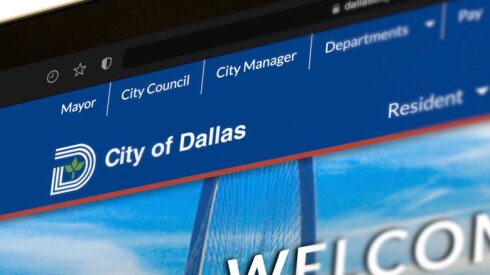Stephen Goldsmith is the Derek Bok Professor of the Practice of Urban Policy at Harvard Kennedy School and director of Data-Smart City Solutions at the Bloomberg Center for Cities at Harvard University. The former deputy mayor for operations for New York City, he previously served two terms as mayor of Indianapolis.
Goldsmith served as the chief domestic policy advisor to the George W. Bush campaign in 2000, as chair of the Corporation for National and Community Service, and, from 1979 to 1990, as the district attorney for Marion County, Ind.
His most recent book is Growing Fairly: How to Build Opportunity and Equity in Workforce Development, co-authored with Kate Markin Coleman. He also is the author or co-author of A New City O/S: The Power of Open, Collaborative, and Distributed Governance; The Responsive City: Engaging Communities Through Data-Smart Governance; The Power of Social Innovation; Governing by Network: the New Shape of the Public Sector; Putting Faith in Neighborhoods: Making Cities Work through Grassroots Citizenship; and The Twenty-First Century City: Resurrecting Urban America.
Goldsmith can be reached at stephen_goldsmith@harvard.edu.


















